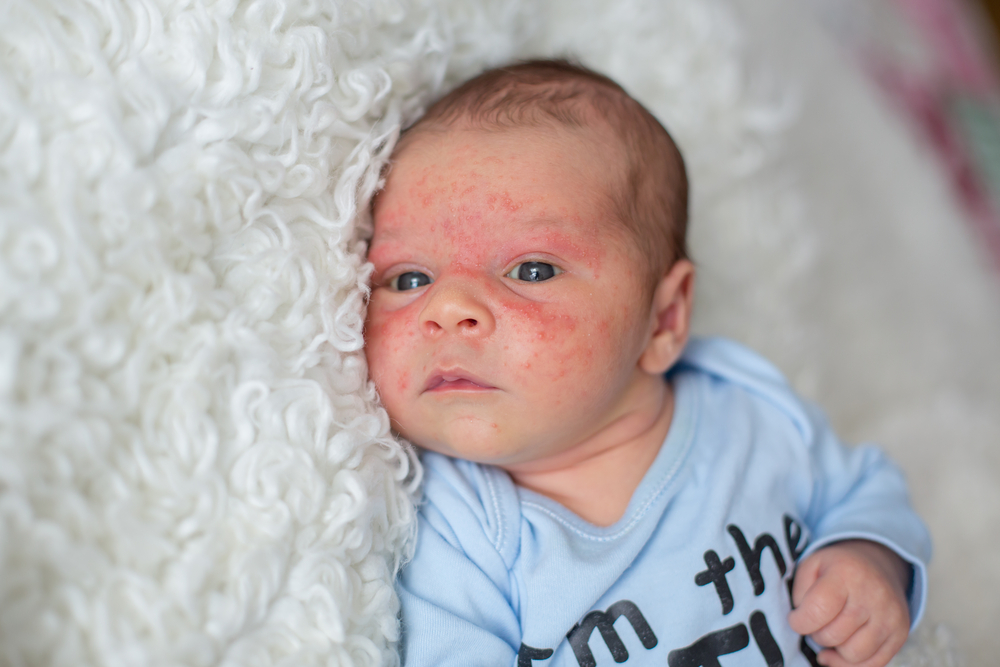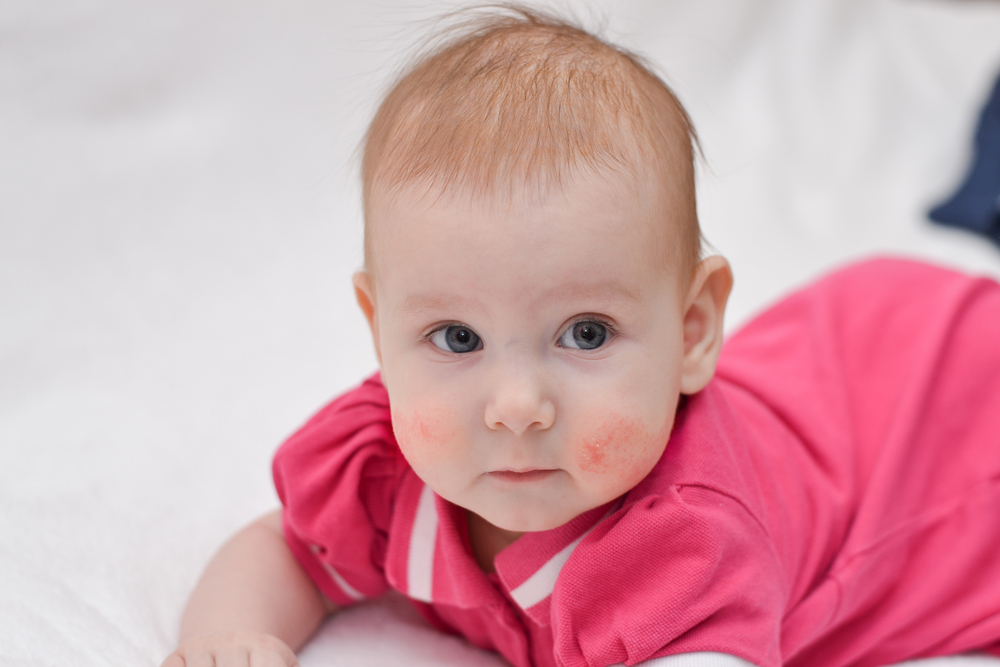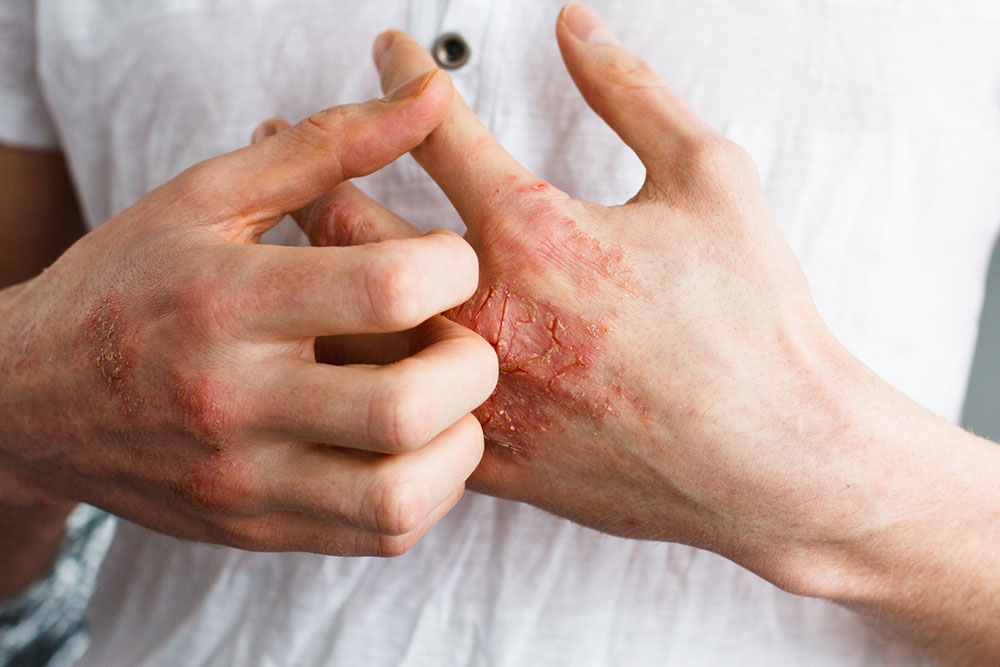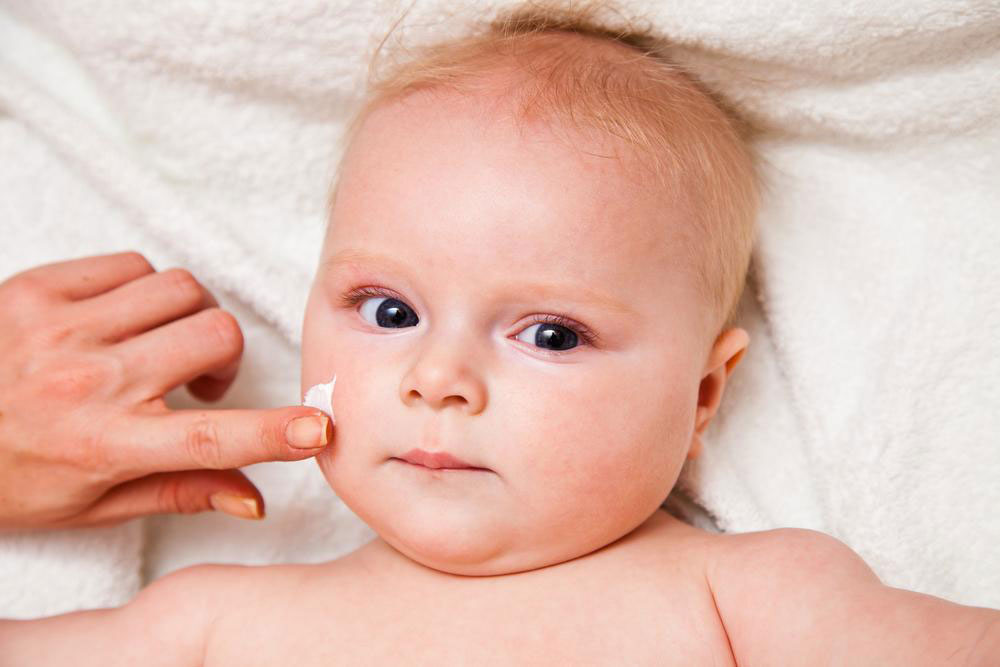Know the Causes, Symptoms, and Treatments of Eczema
Eczema is one of the most common health problems faced by the citizens in the country. Non-contagious in nature, this skin disease affects especially the infants and kids. Diagnosed easily by an inflammation and redness of the skin along with roughness, cracks, and itchiness, these symptoms vary from person to person depending on their age group. A contact with certain elements as well as environmental factors such as pollen and smoke can trigger the condition, which is not really curable but manageable with proper treatment.

As mentioned earlier, around 70% of cases of eczema are seen in kids below five years of age, while 60% of them suffer from one or few symptoms during adulthood. Mild cases of eczema can be diagnosed with slight itchiness, dryness, and rashes on the skin, while the severe ones can be diagnosed with extreme irritation, and cracked skin with oozing of fluid. There are seven types of eczema, namely atopic dermatitis, Contact dermatitis, dyshidrotic eczema, hand eczema, neurodermatitis, nummular eczema, and stasis dermatitis.
Causes of eczema
The genes of extra sensitive skin are often carried to the offspring by the parents having a history of eczema. Apart from biology, allergens like pet fur, mold, dust mites, dandruff, etc. and microbes like Staphylococcus and fungi are among the most prevalent factors behind triggering eczema.
Kids allergic to certain fruit juices, vegetables, meats and other food items like eggs, seeds, nuts, wheat, soy, and dairy products have a great chance of getting diagnosed with eczema. Stress, temperature, humidity, hormonal changes, and contact with irritants like wool, rough fabric, rough soap, shampoo, detergents, and disinfectants are other external causes.
The causes of different types of eczema are as follows:
- Atopic dermatitis – Low immunity of the skin (often caused by sensitive genes), dryness of skin, and environmental factors.
- Contact dermatitis – Latex, skincare products, cosmetics, paint, nickel, jewelry, soap, detergent, perfumes, smokes, poisonous plants, bleach, solvents, etc.
- Dyshidrotic eczema – Damp skin, allergies, hypertension, exposure to metallic substances like chromium salt, cobalt, nickel, etc.
- Hand eczema – The exposure to chemicals in labs, using the laundry or dry cleaning products, healthcare products, and hairdressing products.
- Neurodermatitis – Stress and having other eczema conditions.
- Nummular eczema – Having other eczema conditions, reaction to insect bites, dryness of skin, allergy from chemicals and metals.
- Stasis dermatitis – Problems in blood flow in the lower legs which can result in varicose veins too.
Symptoms of eczema
Dry, itchy, thick skin is the most common symptom of eczema and there is a high chance of infection if dry patches and open sores develop from scratching the affected part of the skin. Rashes can appear with reddish bumps and can be filled with fluid. If not treated accordingly, cracks can occur on the skin, causing severe inflammation. Sometimes, red, puffy, and itchy eyelids can indicate symptoms of eczema. The face, neck, elbows, wrists, groin, knees, and ankles are the parts most affected by eczema.
Treatment for eczema
Antihistamines like diphenhydramine, corticosteroid ointments, calcineurin medications like tacrolimus and pimecrolimus are the common treatments for eczema. UV therapy also helps in healing the rashes. In mild cases, antibiotics like cyclosporine, methotrexate, and azathioprine help while in moderate or severe eczema, injectable medicines like Dupilumab help to subdue inflammation.
Apart from this, simple home remedies like taking warm water baths, patting skin dry instead of rubbing it, keeping skin moisturized, using scentless skincare products, using mild detergent, and avoiding direct contact with certain triggers are helpful in treating eczema.




